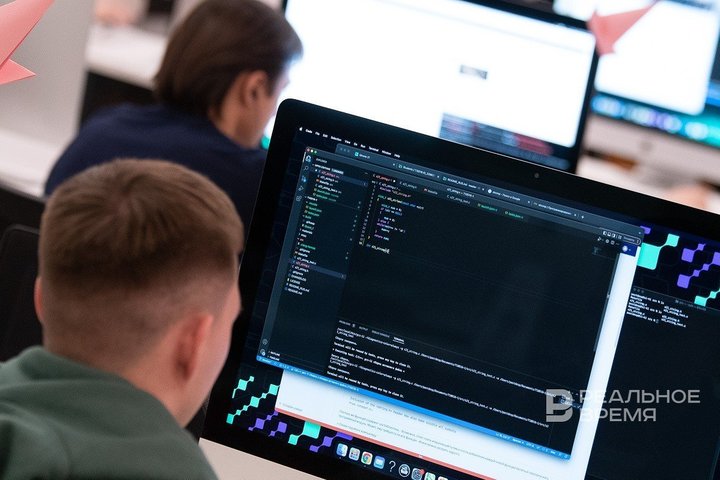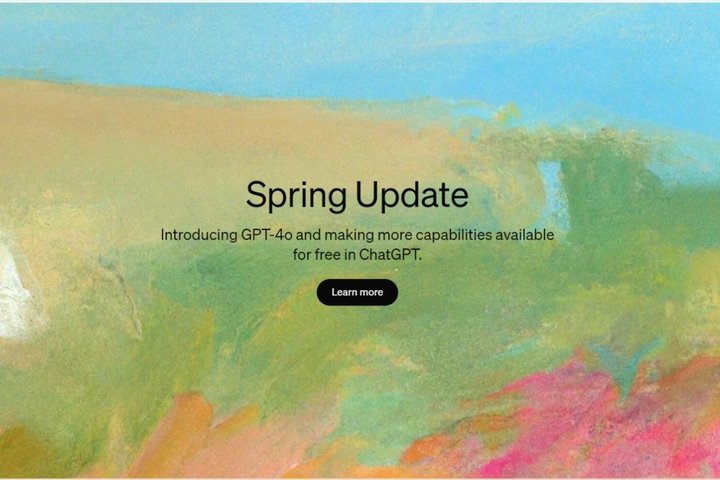Labelling AI-generated content: how it will look and who already applies it

Russia'a State Duma has begun drafting a bill on labelling content generated by artificial intelligence. The idea was announced a year ago at the Russian University of Technology. Meanwhile, large companies have already started voluntarily tagging such materials. Read the details in the material of Realnoe Vremya.
Labelling should be visible, but unobtrusive
According to Anton Nemkin, a member of the State Duma Committee on Information Policy, deputies are studying the legislative experience of other countries on labelling and consulting with experts. According to the parliamentarian, at the moment it is becoming difficult for a person to distinguish the real from the unreal.
“If we consider the long-term perspective, the development of AI services without the necessary control carries the danger of huge arrays of not only unverified texts, but even completely invented facts, figures and data," RIA Novosti quotes him.
Labelling can be done using graphic or watermarks, Nemkov believes. At the same time, it should be unobtrusive, but noticeable to all users. The deputy said that at first Russian AI services should be required to automatically label any generated texts. This is due to that it is not yet clear how to recognise the degree of participation of machines and artificial intelligence in the material.
It is also planned to empower Roskomnadzor to identify destructive content created using artificial intelligence.
“After identification, such content will have to be forcibly marked on the sites of its distribution or blocked if it is distributed for illegal purposes," concluded Anton Nemkov.
It is unknown exactly when the bill will be ready and the date of its entry into force.
Idea of labelling was voiced a year ago
The first to label content generated by artificial intelligence was proposed last May by the Russian University of Technology.
“Moscow Institute of Radio Engineering, Electronics and Automation proposes to fix the mandatory labelling of content generated by AI with a special graphic sign within the framework of the federal Artificial Intelligence project of the National Digital Economy programme and provide for the development of an appropriate decree of the government of the Russian Federation," the letter from the rector of the university to Minister of Digital Development Maksut Shadaev states.

The concept of the future bill began to be thought out in June of the same year. At that time, the State Duma stated that this would reduce the risks from the spread of fake news.
“The task of the legislator is to protect citizens, the introduction of labelling of diplomatic fakes and responsibility for their distribution without it seems to be an effective measure," said Anton Gorelkin, the deputy chairman of the State Duma Committee on Information Policy, Information Technologies and Communications (quoted by TASS).
Which companies have already started labelling the content generated by AI
Despite the lack of a legislative framework, some major players in the market have already started labelling AI-generated content. For example, YouTube released an update which tags content generated using AI. Meta* (recognised as extremist in Russia and banned), which owns Instagram* and Facebook*, is also beginning to do the same. In February, OpenAI announced that they had started labelling all images that are created in ChatGPT and their API.

It is also worth noting that in the future the European Union plans to oblige all services to label content created by neural networks. This requirement is in the code, which has been signed by more than 40 companies, including TikTok, Microsoft and others.
*Recognised as extremist and banned in the Russian Federation by a court decision.